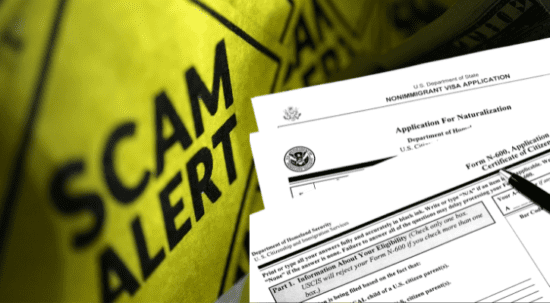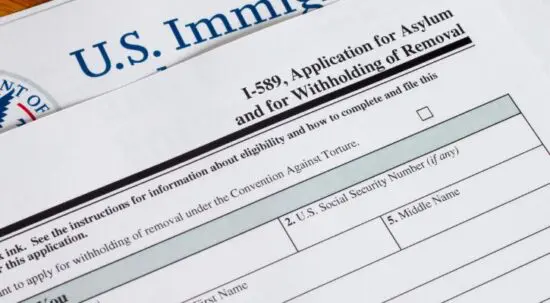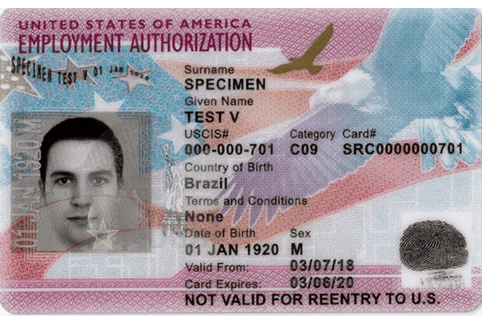Changes to TPS Haiti
Temporary Protected Status (TPS) allows people from certain countries to stay and work in the U.S. if it is not safe for them to return home due to war, disasters, or other emergencies.
February 2, 2026 update: A federal judge blocked the Department of Homeland Security from ending TPS Haiti. The court order pauses the termination while the case is reviewed.
TPS protections, including protection from deportation, remain in place during this time. This could change if a higher court overturns the decision.
January 28, 2026 update: A federal appeals court ruled that DHS acted unlawfully when it tried to shorten Haiti’s TPS period in 2024. This did not change the expiration.
The decision to end TPS for Haiti is still being challenged in court. The case is not finished yet. We do not know what will happen next. Learn how court decisions work and get updates from the National TPS Alliance.
Work permit
Work permits are available to people with TPS and are known as an Employment Authorization Document (EAD). It shows employers that you are allowed to work in the USA.
Because the court blocked the termination of TPS Haiti, work authorization remains valid while the court order is in effect. This includes people with current TPS-related EADs.
If you have TPS under a previous designation, USCIS has automatically extended the expiration date of EADs for TPS Haiti holders while the court order is in effect. This includes EADs that expired on the following dates:
- Sep. 2, 2025
- Aug. 3, 2025
- Aug. 3, 2024
- June 30, 2024
- Feb. 3, 2023
- Dec. 31, 2022
- Oct. 4, 2021
- Jan. 4, 2021
- Jan. 2, 2020
- July 22, 2019
- Jan. 22, 2018
- July 22, 2017
Need help sharing that your work permit extension is valid? You can use this letter with your employer.

Learn how to find free or low-cost help from trusted immigration lawyers and legal representatives.
What happens when TPS expires?
If you do not have another legal immigration status besides TPS, you will become undocumented and lose your work authorization. If you stay without legal status, you will risk being detained and deported.
How to prepare
- Haitian Bridge Alliance offers help to Haitian immigrants in the U.S.
- Talk to an immigration lawyer. It is important to seek legal help and learn about your options for staying in the U.S.
- Apply for another immigration status if you qualify. Review if you are eligible for asylum, lawful permanent status (Green Card), or other U.S. visas.
- Be prepared for ICE. Know what to do if you are undocumented and agents come to your home or work. Know your rights and how to create a safety plan.
- Stay informed. Learn more about immigration changes under the new administration.
More from USAHello
Looking for specific information?
The information on this page comes from DHS, USCIS, and other trusted sources. We aim to offer easy to understand information that is updated regularly. This information is not legal advice.





